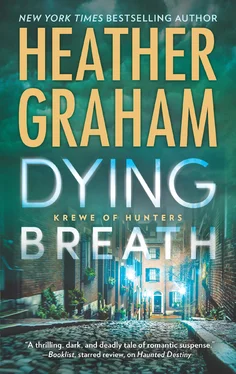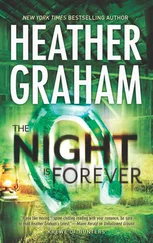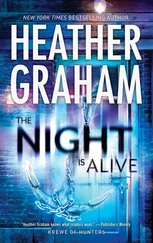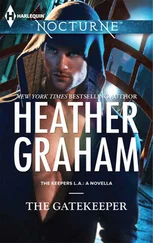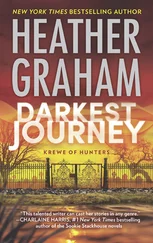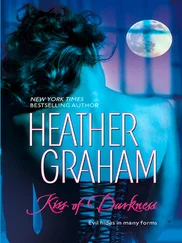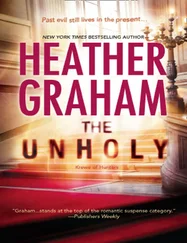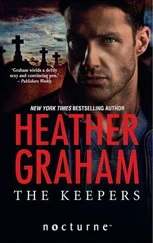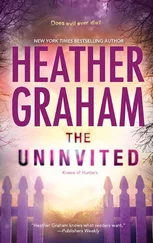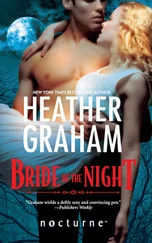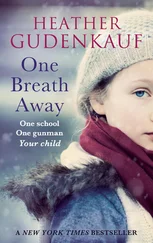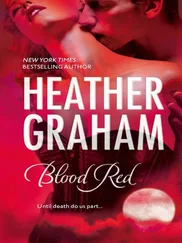Art still seldom spoke. He had a truly sad personal history. Both parents had died in a blaze they’d created themselves while freebasing heroin. The uncle who had taken him in had beaten him; his psychiatrist suspected sexual abuse as well, but Art wouldn’t say. According to Art’s records, the uncle was also long dead due to drug abuse. Art seemed to have bounced around the system through several counties, but he now lived with the kindest couple Vickie knew working with foster children. And she was glad when they told her Art’s excursions with her were something that seemed to awaken him. He talked about them constantly; he said he wanted to make his way through college and work with the system as well.
Who better to understand an abused and neglected kid than an abused and neglected kid?
“Paul Revere,” Vickie told them, “is buried in the Granary cemetery along with Samuel Adams and John Hancock and many other notable people. Not far, of course. Boston is a small city—an old city! The three oldest burial grounds are King’s Chapel, where we are now, Copp’s Hill, and the Granary. All are on the Freedom Trail.”
“Yah, Boston!” Hardy said. “And we have the oldest college, right? Harvard?”
“Yes, Harvard is the oldest university,” Vickie agreed, “1636.”
“And then Yale, right?” Hardy asked.
Vickie shook her head and smiled. “Nope. Harvard was followed by the College of William and Mary in Williamsburg, Virginia, St. John’s College, Annapolis—and then Yale, 1701.”
Cheryl laughed and said, “Man, you are a walking encyclopedia, Miss Preston!”
“I just like history,” Vickie told her. She glanced at her watch, knowing it was time to break for the day. Her students returned to their various foster homes on their own after their meetings. It was part of their agreements with the Commonwealth of Massachusetts. She was careful, always, to make sure she finished up in time for them to make their way home.
“Next week,” she told them, “we’re touring the Paul Revere house, and I’ve arranged for dinner after at a great restaurant in Little Italy. Courtesy of an anonymous benefactor, I’ll have you know. Maybe someone who made it well in life—after having a rough start like many of you.”
“Cool!” Art called.
“Go! See you next week—meet right in front of the Paul Revere house.”
Her charges scattered, waving. Vickie watched them go. She liked each and every one of them, and deeply hoped she could make a positive change for their future.
As she made her own way to the street, she tried to keep focused on the entrance ahead.
There were days when the old cemetery was quiet—very quiet.
There were also days when she saw the dead walking. Mostly they just eyed her curiously—and suspiciously. Sometimes, someone would smile. She would smile in return, but hurry on. She wasn’t fond of seeing the dead—at least, not so many dead.
Dylan Ballantine—or the ghost of Dylan Ballantine—suddenly fell into step beside her. She glanced at him, arched a brow, shook her head, and hurried on.
“Hey! That was great,” he told her.
“I hope so. The plan is that I get them really interested in history or something useful,” she murmured.
An old couple, following the Freedom Trail, most probably, paused and looked at her, frowning. Of course. It appeared to them that she was talking to herself.
“Please, Dylan, let me get out of here, huh?” she asked.
“Of course, of course,” he said.
But he wasn’t going away.
It wasn’t that she wasn’t accustomed to seeing Dylan now.
They were old friends.
They’d established rules.
He’d terrified her when he continued to appear to her years before—even when she realized that she and little Noah might well have been murdered if it hadn’t been for Dylan’s spiritual presence. He’d saved them; he’d gotten her and the baby out of the house when a serial killer had been watching them, biding his time, playing with them as he waited, amused, before showing himself to torture and kill them—as he had other victims before.
She could still feel a cold shiver of fear grip her heart when she thought back to that night.
But she’d had to put that behind her. Despite Dylan appearing here and there—startling and scaring her terribly at first, then begging for her recognition and friendship, and then actually seeming to take up residence with her when she’d headed down to NYU—she’d gotten dual degrees in history and literature. She’d published her first book on the tombstones of New England and was happily writing one on the decline of Puritanism in New England. She was making herself be very fair—she tended to hate the codes by which they had lived and their absolute lack of tolerance for others.
They were, on the one side, her ancestors. Her mother’s grandmother had come over from Ireland, and her great-grandfather had been a fresh-off-the boat Norwegian actor. But her father’s family could trace roots back to the mid-1600s; they’d arrived on a ship just a few decades after the arrival of the Mayflower. Dylan loved to tease her about that.
His family had actually been New Yorkers. Sane.
“Don’t you have someone better to haunt?” she asked him.
He shook his head gravely. “Not today. Followed you to the cemetery, thinking I might find someone to chat up. Other ghosts, you know. People who lived in different decades and centuries can be really interesting. But whoa! Those people. Straight-laced to the core. They don’t seem to want to talk to strangers.”
“Don’t go blaming it all on the Puritans,” Vickie told him. “This cemetery also houses those who died well after the Puritan days.”
“Yeah, well, it’s no fun to hang around a cemetery anyway. Unless you’re you, of course, looking up the lives of all those who came before!”
“I’m ignoring you!” Vickie said, hurrying on ahead.
Naturally, he caught up to her.
On the street, she looked around, and then turned to him, speaking firmly. “Hey! I’m going to my parents’ place. If you come, you behave. You understand.”
He grinned. Dylan was still not quite eighteen. Charming, boyish and handsome. If she was going to have a continual haunt—or a crazed personality—she could have been plagued by a far worse ghost, she was certain. But some days, he was truly and mischievously out to make her appear to have gone daft.
“Sure,” he said.
A cop car went by, sirens blazing. And then another. Dylan looked after the cop cars.
“Hey, something is going down—over by the Granary cemetery. Want to check it out?”
“No,” she said flatly. “You feel free to do so.”
“I will,” he told her.
“See you then,” she said.
He laughed. “Oh, yeah. Don’t worry. I know where your parents live.”
“Yes, of course, you do,” she said.
It wasn’t much of a walk to her parents’ home in Little Italy. They’d moved when she’d gone to college, but they hadn’t moved far. They were now in a refurbished building that dated back to the 1820s but had been meticulously updated and turned into state-of-the-art condos.
They loved it; her father was now retired after thirty years as a history professor at Harvard, and her mom had left her position as first-grade teacher just last year. Their apartment had everything they could desire and they were close to all the restaurants they loved—especially a certain cannoli shop.
When Vickie arrived, the two were studying a travel website.
“Italy! The real thing,” Lucy Preston said, her smile wide and her words excited as she opened the door. “Dad and I are really doing it! Rome, Florence, Venice...we’re going! Doing the booking right now.”
Читать дальше
